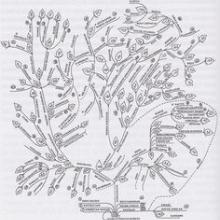History of Science ON CALL aggregates and amplifies two streams of information—Research and Education—relevant to crises, including chronic disasters. The Education stream seeks to aggregate and introduce known resources and materials—scholarship and teaching tools—in order to amplify their reach.
These Education resources are divided into "Multimedia", "Primary Sources" and "Syllabi & Reading Lists" and with the newly-added resources at the top of each list. In addition, the Education stream includes #TeachCOVID-19, a special channel of the Teach311.org project produced in collaboration with the MPIWG.
Click on the arrows to expand information about each item.
Multimedia
-
 Global Social Responses to Covid-19 Web Archive
Global Social Responses to Covid-19 Web ArchiveCreated in March 2020, at the onset of the pandemic, the Global Social Responses to Covid-19 Web Archive documents regional, social responses to the pandemic, which are critical in understanding the scope of the pandemic’s humanitarian, socioeconomic, and cultural impact.
Web-Archive by Ivy Plus Libraries Confederation
March 2020
-
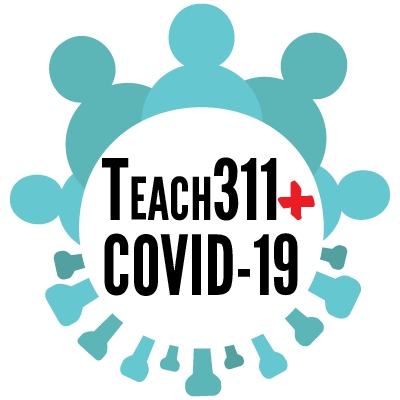 Teach311.org x COVID-19
Teach311.org x COVID-19Teach3.11 x COVID-19 is a collective of educators, researchers, artists, students, and survivors spanning disciplinary and linguistic boundaries who study and teach about disasters. Our collaborative process encourages empathetic inquiry into the past, and shares those stories for the future.
Diary Project
April 2020+
Coronavirus and Multi-level Stigmatization
April 20, 2020
Note from the Field from historian Angela Ki Che Leung about the role of the humanities in understanding and dealing with the current pandemic.
Asynchronously Teaching about Humanities Research with COVID-19
April 13, 2020
Mengmeng Sun invites students to consider the porous borders between human bodies and microbes.
Interview with Indira Chowdhury
April 2, 2020
Email interview from March 31, 2020 with historian Indira Chowdhury about the role of the humanities in understanding and dealing with the current pandemic.
Teaching with 3.11 in the Present
March 25, 2020
Why should we teach about Japan's triple disasters, and how? “Teaching with 3.11 in the Present” by Aleksandra Kobiljski reflects on classroom use of oral history interviews with survivors.
COVID-19, Subway Fire, and Sewol: How Disasters Connect Us
March 18, 2020
Chihyung Jeon, Korea Advanced Institute of Science and Technology (KAIST)) on the Daegu subway fire and how disasters connect us.
-
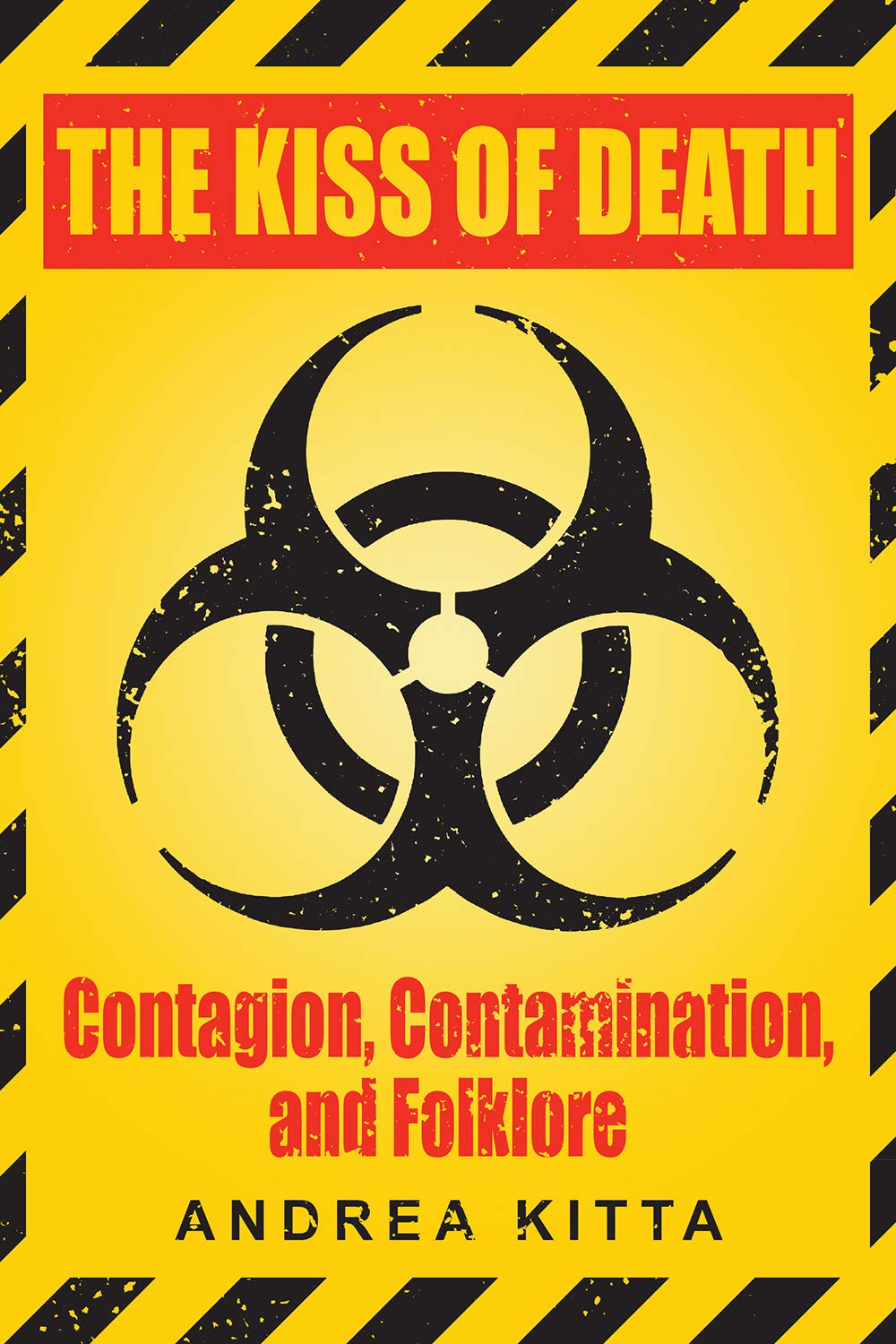 Kiss of Death: Online Teaching Resources
Kiss of Death: Online Teaching ResourcesUniversity Press of Colorado are offering free resources for teachers who are suddenly teaching online and want to cover COVID-19 with their students. In the video, Dr. Kitta discusses the differences between gossip, rumor, urban legend, and conspiracies theories, then relates all of these folklore genres to the COVID-19 outbreak. This update contextualizes the work previously done in her book and gives a starting point for discussion about COVID-19 that can be used independently or in conjunction with the text. You can download an open access copy of The Kiss of Death: Contagion, Contamination, and Folklore. Chapter 2 specifically will align nicely with the use of the video.
Online Multimedia Resource
2020
-
 Epidemic Histories
Epidemic HistoriesWhen the Covid-19 pandemic struck, I was teaching seminars on the visual and material cultures of science and on the history of collecting. Students met in museums or libraries to work hands-on on primary sources. The pandemic made it impossible for me to continue teaching as usual. The transition to remote learning meant reinventing my seminars, from final requirements to in-class activities. I tried to turn the problem into an opportunity. What could we do thanks to the present situation, rather than in spite of it? How could we build community at a time of social distancing?
As the present overwhelmingly captured our attention, the internet became the main means of acquiring information and anything unrelated to the pandemic seemed a distraction. I realized that we needed to embrace the confusion and put it at the center of our collective thinking. I proposed to the students to direct part of their browsing toward exploring moments in the past that offered inspiration or warnings about the present. My hope, and pedagogical experiment, was that working on a collective project would give a direction to our desire to learn more and to understand our present. What can we learn by expanding our attention to what people in the past had done in similar circumstances?
Each student, according to their interests, backgrounds, and curiosities, identified one or more theme related to the visual and material culture of infectious diseases. We gathered online to share work in progress and offer feedback. We shared knowledge, hopes, and concerns. We realized that we are less new than we like to think. We also realized that there is no obvious progress in history: the values that a society cherishes and identifies with can be easily wiped away under the banner of the “public” good. Who and what is included in the notion of the “public” is of crucial relevance for the social outcomes of epidemics. Social and physical health need to go hand in hand. This makes history, and the humanities in general, particularly relevant to the present moment.
The students’ engagement in this project confirmed my belief that history is not just about the past: it is about making sense of the present to build a better future. We look back to move forward.
I am proud to present their work.
Collaborative Website Essay Project by Students of Dr. Paola Bertucci, Yale University
May 2020
-
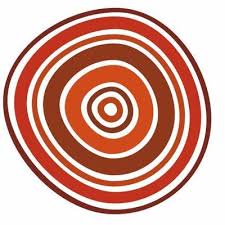 Another Silent Spring—Donald Worster
Another Silent Spring—Donald WorsterIn this virtual exhibition, historian Donald Worster explains how human relations with other animals, wild and domestic, are at the core of a majority of epidemics. In the face of the current coronavirus crisis, he argues that an exclusive focus on human life and economy will keep neither the planet nor ourselves healthy. We must decide “whether we humans can or want to restore and protect the health, not just of ourselves, but also of the planet.”
April 2020
-
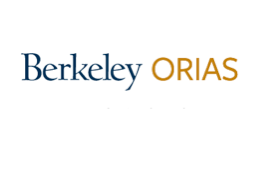 Global Views of COVID 19
Global Views of COVID 19ORIAS created the Global Views of COVID 19 webinar series to help teachers deepen their understanding of the unfolding pandemic. We know that even as educators are grappling with the personal and professional effects of the current situation, they are also fielding questions from students about COVID 19. What can we expect in the coming weeks as the COVID 19 pandemic unfolds? And how does regional context affect the spread of the virus, political responses to the pandemic, and economic consequences for everyday people?
Each event in this series explores the pandemic in one region. You'll also find links to slidedecks, recordings (as available), and additional resources.
Webinar Series
April 2020
-
 Coronavirus Disease 2019 (COVID-19) Update: Epidemics in History
Coronavirus Disease 2019 (COVID-19) Update: Epidemics in HistoryInfectious epidemics have always driven change and triggered discrimination in human societies. Frank Snowden, DPhil, Professor Emeritus of History and History of Medicine at Yale University and author of Epidemics and Society: From the Black Death to the Present (Yale University Press, 2019), puts the COVID-19 pandemic in historical context.
Frank Snowden, Podcast by JN Learning
April 6, 2020
-
 Public Health On Call: COVID-19 and the 1918 Flu Pandemic—What Can We Learn?
Public Health On Call: COVID-19 and the 1918 Flu Pandemic—What Can We Learn?COVID-19 is often compared to the 1918 flu pandemic that claimed millions of lives and caused massive social disruption. But to what extent is the novel coronavirus different and what lessons can we learn from the successes and failures of previous epidemics? Medical historians Jeremy Greene and Graham Mooney talk to Stephanie Desmon about this comparison, the history of quarantines, and what we will learn from what we are living through right now.
Podcast interview with Jeremy Green and Graham Mooney
March 2020
-
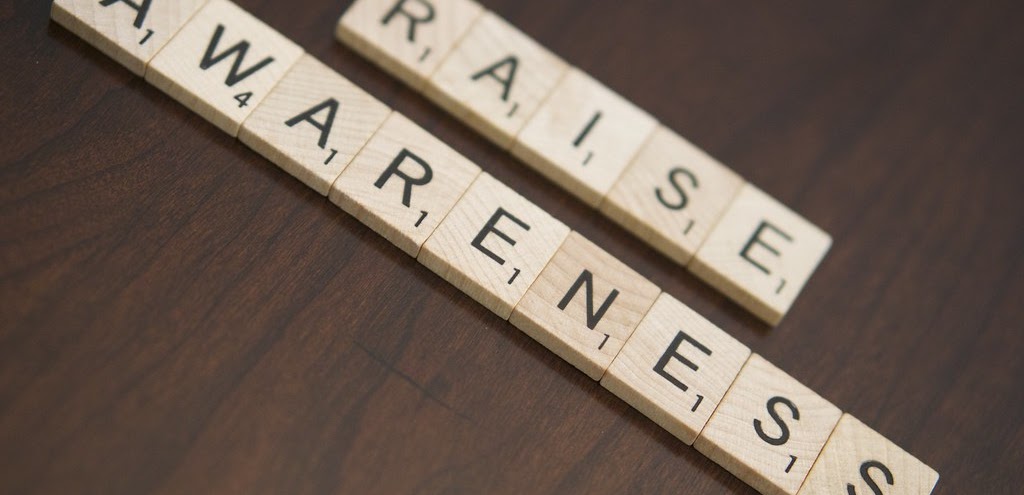 Anti-Asian Racism and COVID19
Anti-Asian Racism and COVID19Headlines around the world are detailing every element of the pandemic sweeping the globe. And one element? A rise in racism and violence towards Asians. What's going on? Why is this happening? And what is the response? This resource guide provides some answers, along with more questions, as here in America we make daily choices about who we are and what we stand for.
The menu at the top leads to articles, video and audio that explore the rise in racism and xenophobia during COVID-19, as well as books and lesson learning tools.
This guide will be updated regularly.
Online Resource by Daphne Benedis-Grab @DaphneBG
March 2020
-
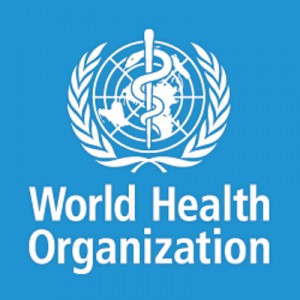 Responding to COVID-19
Responding to COVID-19Real-time multimedia training courses on Coronavirus, offered in multiple languages. The COVID-19 channel provides learning resources for health professionals, decision-makers, and the public for the outbreak of coronavirus disease (COVID-19).
As the outbreak continues to evolve, new resources will be added and existing courses will be updated to best reflect the changing context. Visit the COVID-19 national languages channel to access the courses in additional languages.
World Health Organization online training
March 2020
-
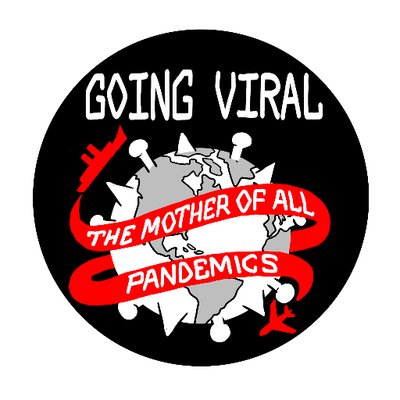 GoingViral_thepodcast
GoingViral_thepodcastJoin the "disease detectives" Mark Honigsbaum and Hannah Mawdsley as they investigate the most devastating pandemic of all time: the 1918 Spanish influenza. Part scientific detective story, part historical inquiry, "Going Viral" takes listeners to the scene of a viral crime and in the process recovers the experience of the world’s deadliest virus, which is 100 years old.
Going Viral Podcast
-
 Online Lectures: Dr. John Campbell
Online Lectures: Dr. John CampbellVideos by John Campbell, a retired Nurse Teacher and A&E nurse based in England. These videos are to help students to learn the background to all forms of healthcare. Campbell's PhD focused on the development of open learning resources for nurses nationally and internationally. You can also download his books in high resolution PDF format, many videos, talking PowerPoints, and podcasts: campbellteaching.co.uk
Videos to help students to learn the background to all forms of healthcare
2020
-
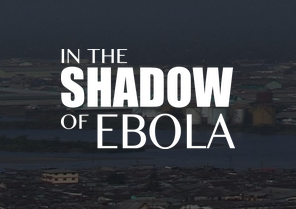 In the Shadow of Ebola
In the Shadow of EbolaIn the Shadow of Ebola is an intimate story of a family and a nation struggling against the Ebola outbreak in Liberia. We follow a Liberian student and his family living divided between the United States and Liberia. As the crisis unfolds, loved ones are isolated in Monrovia where the government is shut down, schools and markets are closed, and food prices are rising.
Film directed by Gregg Mitman
2014
Primary Sources
-
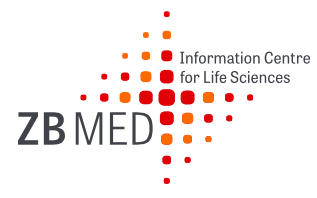 ZB MED COVID-19 Hub
ZB MED COVID-19 HubAs the central information infrastructure for the life sciences, ZB MED has compiled numerous offers for scientists working on SARS-CoV-2 and COVID-19 at the COVID-19 Hub.
April 2020
-
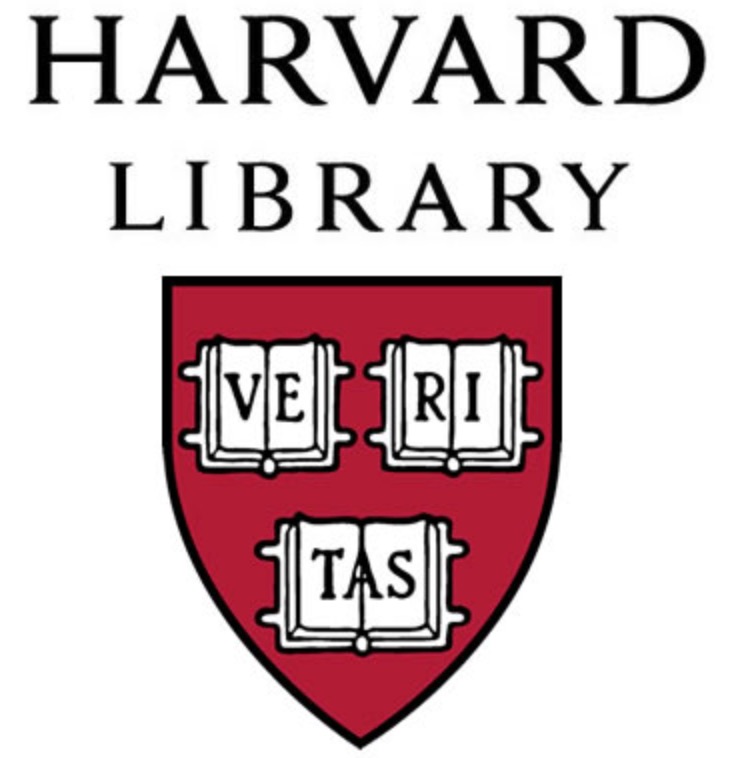 Contagion: Historical Views of Diseases and Epidemics
Contagion: Historical Views of Diseases and EpidemicsThis online collection offers important historical perspectives on the science and public policy of epidemiology today and contributes to the understanding of the global, social–history, and public–policy implications of diseases.
April 2020
-
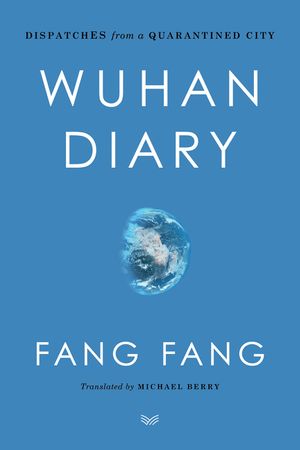 Wuhan Diary: Dispatches from a Quarantined City
Wuhan Diary: Dispatches from a Quarantined CityFrom one of China's most acclaimed and decorated writers comes a powerful first-person account of life in Wuhan during the COVID-19 outbreak and the toll of this deadly calamity on families and individual lives.
On January 25, 2020, acclaimed Chinese writer Fang Fang began publishing an online diary to help herself and others understand what was happening in Wuhan, the epicenter of the COVID-19 outbreak. Deeply personal and informative, her posts reveal in real-time the widespread impact of the virus and the government's mandatory quarantine on the city's residents. Each day, she gives voice to the fears, frustrations, anger, and hope of millions of ordinary Chinese, reflecting on the psychological impact of forced isolation, the role of the internet as both community lifeline and source of misinformation, and most tragically, the lives of neighbors and friends taken by the deadly virus.In a nation where authorities use technology to closely monitor citizens and tightly control the media, writers often self-censor. Yet the stark reality of this devastating situation drives Fang Fang to courageously speak out against social injustice, corruption, abuse, and the systemic political problems which impeded the response to the epidemic. For treading close to the line of “dissident," she pays a price: the government temporarily shuts down her blog and deletes many of her published posts.
A fascinating eyewitness account of events as they unfold, Wuhan Diary captures the challenges of daily life and the changing moods and emotions of being quarantined without reliable information. As Fang Fang documents the beginning of the global health crisis in real time, she illuminates how many of the countries dealing with the novel coronavirus pandemic have repeated similar patterns and mistakes.
Blending the eerie and dystopian, the profound and the quotidian, Wuhan Diary is a remarkable record of our times and a unique look at life in confinement in an authoritarian nation.
-
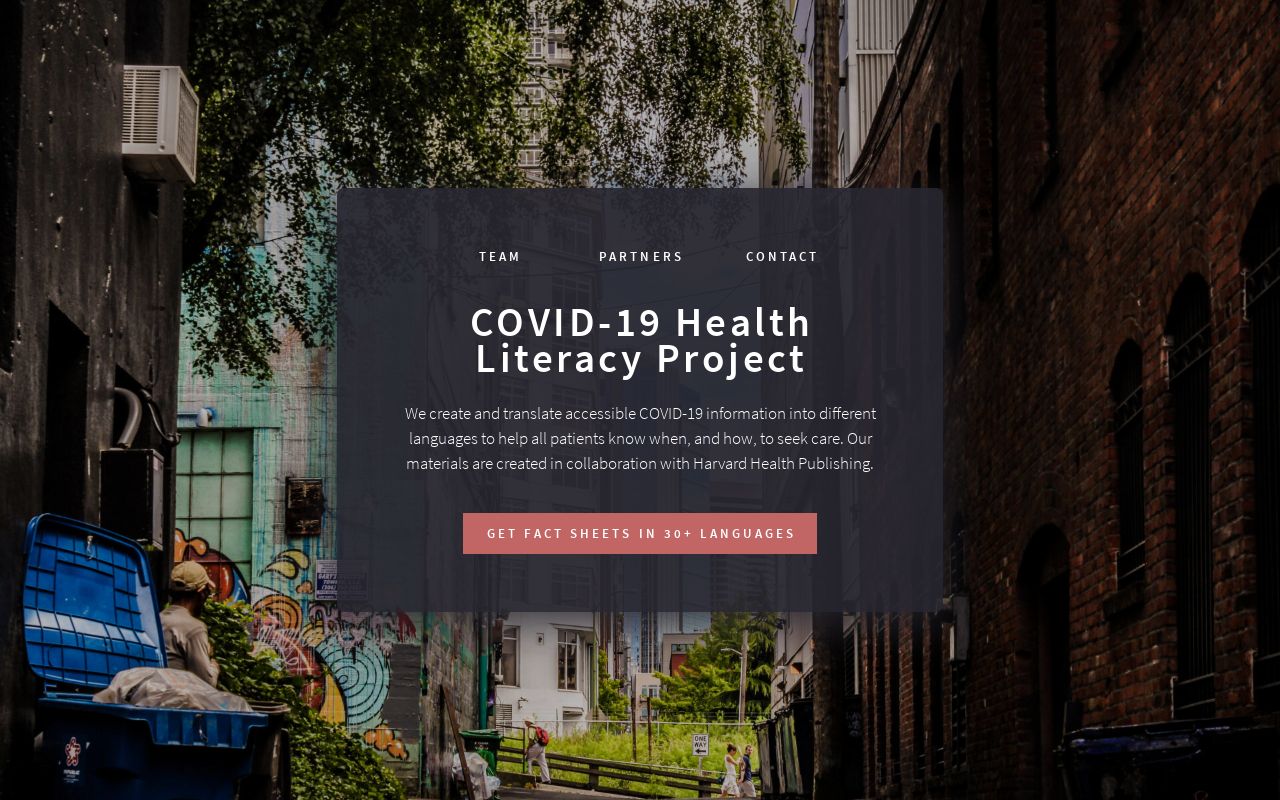 COVID-19 Health Literacy Project Fact Sheets
COVID-19 Health Literacy Project Fact SheetsThe COVID-19 Health Literacy Project creates and translates accessible COVID-19 information into different languages to help all patients know when, and how, to seek care. Materials are created in collaboration with Harvard Health Publishing.
Fact sheets in 30+ languages
March 2020
-
 Daily online diary of Fang Fang, kept while under lockdown in Wuhan. 作家方方-财新博客-新世纪的常识传播者-财新网
Daily online diary of Fang Fang, kept while under lockdown in Wuhan. 作家方方-财新博客-新世纪的常识传播者-财新网3月24日。 封城第62天。也是我的记录的第60篇,说是终篇也可以吧。 很巧,今天看到通告:武汉以外地区,已经全部解封,凭绿码可以自由行动。而武汉市,将在4月8日解封。武汉很快就会重新变得生机勃勃。我原说记录到开城,就终止。后来发现开城并不像封城那样是一个紧急行动。它将是一个缓慢的过程,一个部分一个区域地开封。所以,我想,我完全可以在疫情缓解下来,大家开始进入工作时终止。跟朋友们也都说了这一想法,...
Daily online diary of Fang Fang, kept while under lockdown in Wuhan. 作家方方-财新博客-新世纪的常识传播者-财新网
March 2020
-
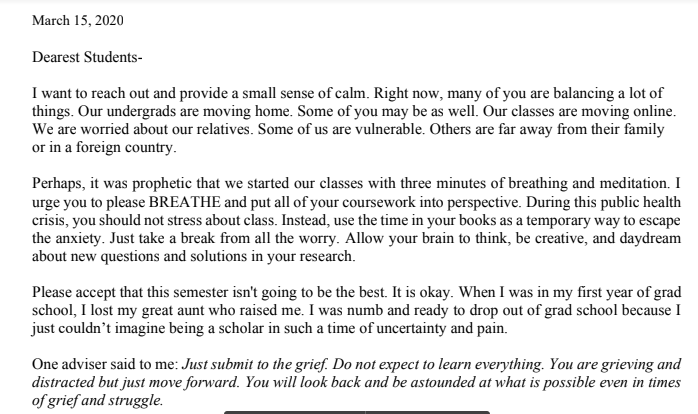 Template Letter to Students on the Corona Crisis
Template Letter to Students on the Corona CrisisA template letter of support to send to students during the Corona crisis, written by Nicole van Cleve at Brown University @nvancleve.
Letter by Nicole van Cleve
March 2020
-
 Contagion: Historical Views of Diseases and Epidemics
Contagion: Historical Views of Diseases and EpidemicsThis online collection offers important historical perspectives on the science and public policy of epidemiology today and contributes to the understanding of the global, social–history, and public–policy implications of diseases.
Harvard University Library Open Collections Program
March 2020
-
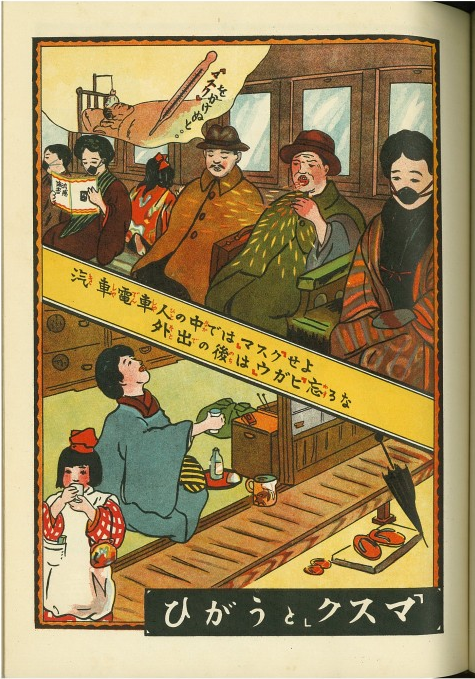 Influenza Posters,「流行性感冒」 内務省衛生局著 (1922.3)
Influenza Posters,「流行性感冒」 内務省衛生局著 (1922.3)Posters, "Influenza": Home Ministry. March 1922.
-
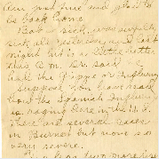 WWI Letters
WWI LettersA collection of WW1 letters and related assignment questions by Nicole Donawho @nicoledonawho
Syllabi and Reading Lists
-
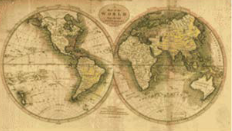 Fear of a Pandemic: Deconstructing Global Diseases in the Modern Era
Fear of a Pandemic: Deconstructing Global Diseases in the Modern EraSince the rise of Covid-19, confinement has had a complicated dynamic in how people understand the course of the epidemics, elevating new anxieties and fears about global movement. As the number of confirmed cases of the novel coronavirus continues to increase, unprecedented public health policies to stop reduce and socialization has altered mobility. Today, everyone is adjusting to a new era, one where most people have become hyper aware of microbial invasion with old and familiar tales of racial health inequalities, science culture wars, embodiment, immunity, and the fight to breathe. Fear of a Pandemic traces the history of global epidemics from the nineteenth century to the near present by exploring how apprehensions about contagion are tied to racism, migration, and power. The course meditates on this fear through the theory of containment with special attention to racialized bodies in prisons, sanitoriums, and plantations. It is not only the case that non-white people were racialized and perceived to vectors of disease but that their labor was withheld, they were forced to live in segregation, and in some cases, they were experimented upon. By showing the links between public health policies and the containment of the oppressed, the course situates epidemics within the context of the history of slavery, colonialism, experimentation, ghettos, and carceral studies. During the course, we will analyze archival materials that show how cholera, sleeping sickness, influenza, malaria, HIV/AIDS, Ebola, and the recent set of coronaviruses are tied to shifting notions of captive spaces and contagion. Using poetry, sound, images, and video, we will collectively engage with non-white, femme, and queer narratives that transcend pathology and confinement and consider how Femmscapes and Afrofuturists generate radical healing practices that circumvent pandemics.
Syllabus at FU Berlin, October 2020
by Dr. Edna Bonhomme
-
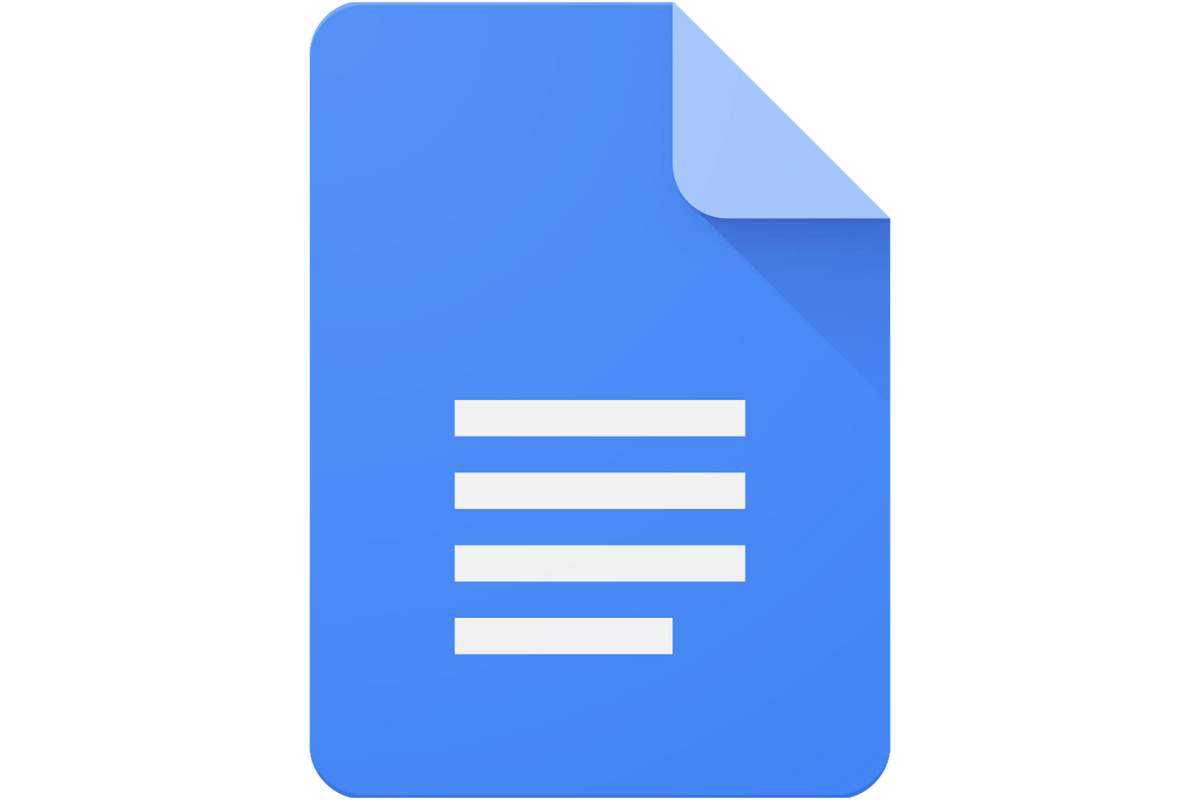 #EugenicsSyllabus
#EugenicsSyllabusA collective syllabus for teaching about the extensive reach of eugenics into culture and society.
Cite as: #EugenicsSyllabus, compiled by Aimi Hamraie and Jay Dolmage from collective contributions, 2020-present. https://bit.ly/EugenicsSyllabus.
2020
-
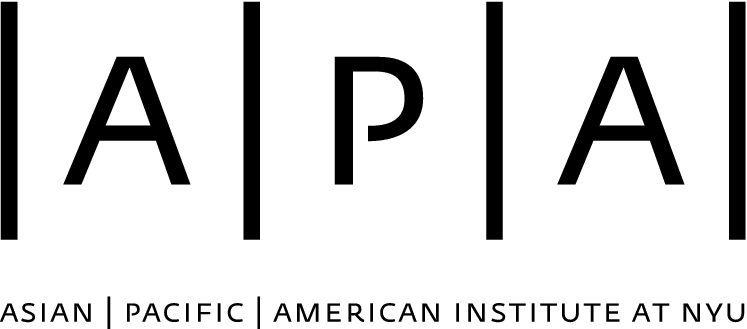 Addressing the Rise of Anti-Asian Racism and Resources for A/PA Communities
Addressing the Rise of Anti-Asian Racism and Resources for A/PA CommunitiesThe Asian/Pacific/American Institute at NYU has compiled a list of resources—some specific to NYU and others not—in hopes that they might offer some tangible, material support, as well as emotional comfort. As things change moment to moment, day by day, this list isn't comprehensive, so they will continue to share information and resources on social media channels (@APAInstitute).
Please feel free to reach out to them at apa.institute@nyu.edu.
Resource List by Asian/Pacific/American Institute at NYU
2020
-
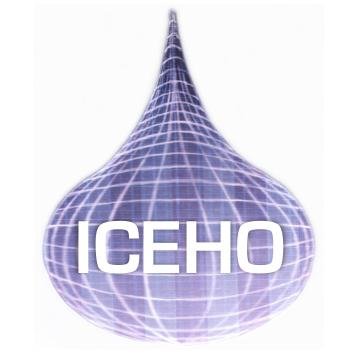 Epidemics and Ecologies Lists
Epidemics and Ecologies ListsA reading list by ICEHO. Topics:
- Virgin Soil Epidemics
- Plague and Cholera
- The 1918 Influenza Pandemic
- Epidemics and the Environment
- General Studies
- AIDS, Ebola and SARS
- Malaria, Yellow Fever, Dengue and Zika
- Ways Forward?
- Films
- Collections
- Teaching
2020
-
 Reading List—Black Feminist Perspectives on COVID-19
Reading List—Black Feminist Perspectives on COVID-19On Tuesday, April 28th, Black Women Radicals hosted the Zoom event, “Black Feminist Perspectives on COVID-19.” If you missed the event on Zoom, you can watch it below or here on their YouTube channel.
The event focused on the following: The coronavirus, also known as COVID-19, has completely transformed everything that we thought was “normal” in our lives. From social distancing to quarantining, to the ineffectiveness and ignorance of political leaders and governments, to loss, and more, COVID-19 has brought to the forefront critical issues that cross borders and boundaries. However, what are Black women’s perspectives on the pandemic that is COVID-19? Why is it imperative that we center Black women’s thoughts and opinions on and about the coronavirus? What can we learn from these perspectives, thoughts, feelings, and concerns about the pandemic that can help as we navigate through this and after it?
Panelists for “Black Feminist Perspectives on COVID-19” included Nana Afua Yeboaa Brantuo, Stephanie Kimou, and Vilissa Thompson.
Reading List
2020
-
 UCBHSSP - Covid19 Student Journal Assignments
UCBHSSP - Covid19 Student Journal AssignmentsTeacher-designed lessons published in collaboration with UCBHSSP during the Covid19 pandemic. Also, check out the web-based teacher resources and UCB resources for H-SS educators.
Student Journal-Writing Google Doc Resource List
April 2020
-
 Teaching Epidemics Reading List
Teaching Epidemics Reading ListReadings to prepare for a lecture on epidemics in late imperial China.
Crowdsourced GoogleDoc organized by Michael Szonyi (Harvard)
April 2020
-
 COVID-19 Teaching Resources
COVID-19 Teaching ResourcesSections
- Online Teaching
- Online Learning & Inequality
- Teaching about COVID-19
- General
- Racism & Xenophobia
- Gender & Sexuality
- Work & Economics
- Immigrants & Immigration
- Criminal Justice
- Activism & Community Building
Crowdsourced Google Doc by Wendy M. Christensen, PhD
April 2020
-
 #coronavirussyllabusK12
#coronavirussyllabusK12A crowdsourced cross-disciplinary resource for and by teachers.
Google Doc
April 2020
-
 Epidemics in Pre-modern Islam
Epidemics in Pre-modern IslamDisease transmission, epidemics, and plague in Pre-Modern Islam
Reading list compiled by Elaine van Dalen
April 2020
-
 Open Yale Courses: Epidemics in Western Society Since 1600
Open Yale Courses: Epidemics in Western Society Since 1600This course consists of an international analysis of the impact of epidemic diseases on western society and culture from the bubonic plague to HIV/AIDS and the recent experience of SARS and swine flu. Leading themes include: infectious disease and its impact on society; the development of public health measures; the role of medical ethics; the genre of plague literature; the social reactions of mass hysteria and violence; the rise of the germ theory of disease; the development of tropical medicine; a comparison of the social, cultural, and historical impact of major infectious diseases; and the issue of emerging and re-emerging diseases.
Syllabus and Online Course Materials
2020
-
 Resource Guide: Inclusive Teaching Online
Resource Guide: Inclusive Teaching OnlineResource documents for inclusive online teaching
April 2020
-
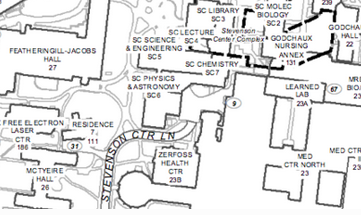 Accessible Teaching in the Time of COVID-19
Accessible Teaching in the Time of COVID-19As universities declare class cancelations and mandate a shift to online teaching, instructors have the opportunity to design online course materials to be as accessible as possible from the beginning. This will also ensure that your course materials are accessible moving forward.
Tips for accessible online teaching
April 2020
-
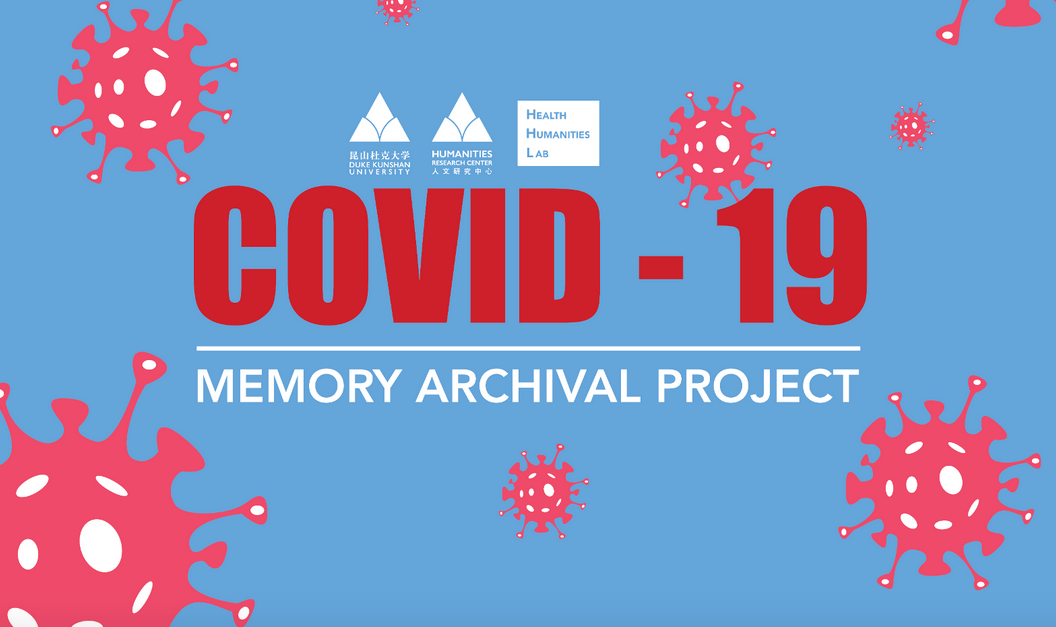 COVID-19 Memory Archival Project & Tutorial
COVID-19 Memory Archival Project & TutorialThe COVID-19 Memory Archival Project is an initiative from Duke Kunshan University's Health Humanities Lab to create an archive of the communities individual and shared experiences during the 2019 novel coronavirus (COVID-19) outbreak utilizing ArcGIS StoryMaps, rich media, and storytelling. We not only hope to preserve experiences through a memory archive, but also through personal narration, bring comfort, peace, reflection and healing to participating individuals. In times of anxiety and adversity, we retreat to an old human practice - storytelling, combined with online multimedia tools, to bring forth the human experience in times of crisis. Participants are encouraged to utilize an array of mediums including but not limited to video, audio, hyperlinks, interactive interfaces and GIS maps, paired with written text. The collected stories can provide a rich library and digital history that can act as source material for future reflection, research and project outcomes.
Memory Archival Project & Tutorial on How to Create Your Own Personal COVID-19 Memory Archival Story Maps
Vivian Xu and Benjamin Bacon
April 2020
-
 Pandemics in Context
Pandemics in ContextWhat can we learn from human responses to epidemics and pandemics in history? What insights can ecological and environmental humanities perspectives provide? This new and growing collection of annotated links to open-access media (analyses, primary sources, and digital resources) helps put pandemics in context.
Resource List by the Environment & Society Portal, Rachel Carson Center for Environment & Society
April 2020
-
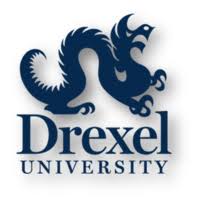 COVID-19 Reader Project
COVID-19 Reader ProjectOn March 11, 2020, WHO declared COVID-19 a pandemic. This developing project is to collect materials and resources to teach, research, and discuss the COVID-19 pandemic. Reading materials include scholarly works from the history of science, technology and medicine, medical anthropology, and STS, as well as newspaper articles, letters from the universities, images and videos, and even memes capturing what it is like to live in the time of a pandemic.
Resource list by Yeonsil Kang Drexel University
April 2020
-
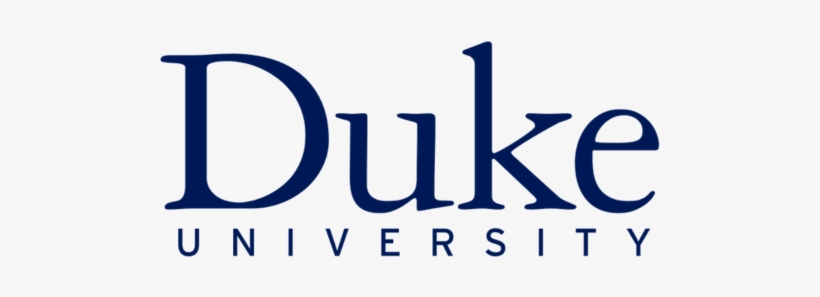 Resources – Decolonizing Global Health 2020
Resources – Decolonizing Global Health 2020Reading list by the Decolonizing Global Health student working group at Duke University
April 2020
-
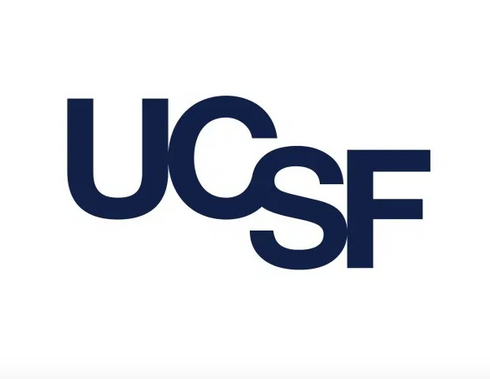 COVID Papers: Ethics
COVID Papers: EthicsA selection of reading on ethics, curated by Dr. Sirisha Narayana, Chair of the UCSF Ethics Committee, Chief of the Ethics consultation service, and physician co-lead for the Schwartz Center for Compassionate Care Rounds.
Ethics reading list
April 2020
-
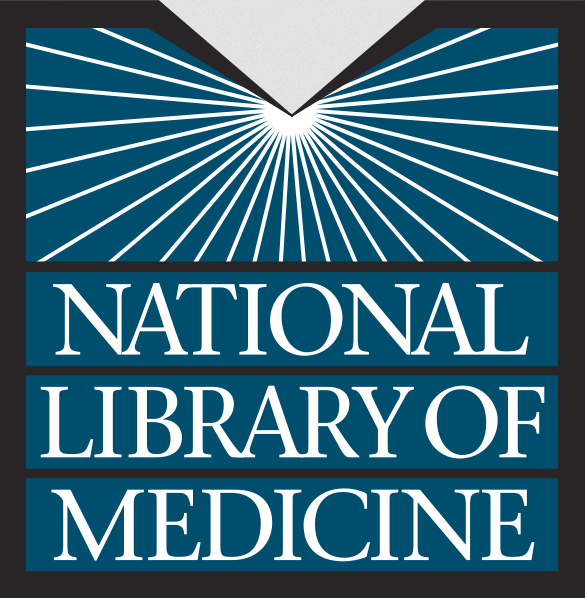 History of Medicine: Online Syllabus Archive
History of Medicine: Online Syllabus ArchiveThe National Library of Medicine's online syllabus archive collects college and university syllabi in the history of medicine, public health, the biomedical sciences, nursing, and related areas. It aims to offer a selection of current approaches to teaching in these subjects, from prehistory to the present, and in all parts of the globe. There is a specific online syllabus on epidemics.
The archive is intended both as a historical record of teaching in the history of medicine and as an online syllabus exchange for college and university educators. Educators are welcome to use this archive in developing their teaching, and we encourage you to send us any syllabi that you may devise using this collection. Feedback is always welcome, as are new syllabi and updates of old ones.
Online syllabus archive by National Library of Medicine (NLM)
April 2020
-
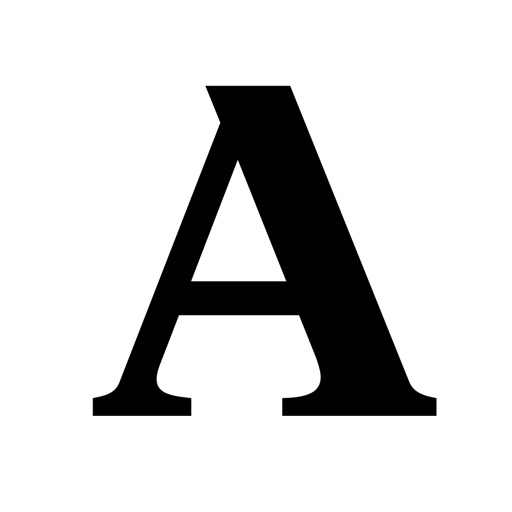 Syllabi by Monica H. Green
Syllabi by Monica H. GreenMonica H. Green is a historian of medicine and health. She has worked throughout her career in the field of medieval European medical history.
Selection of open-access syllabi
April 2020
-
 Care in Uncertain Times Syllabus
Care in Uncertain Times SyllabusAs we collectively deal with the implications of social distancing, stay-at-home orders, and a global pandemic, questions of care and self-care have become ever more important. These books, issues, and articles investigate different ways that care can bind together individuals and communities where larger institutions or governments fail to intervene. They show how radical care is essential to enduring precarity and to laying the groundwork for new futures.
All content is free to read online through June 30, 2020.
Syllabus and materials from Duke University Press
March 2020
-
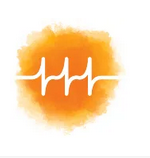 Corona Virus Class
Corona Virus ClassPart of the MA course Introduction to Medical and Health Humanities at VU focused on the history of epidemics and the lessons for the current pandemic of COVID-19. Feel free to follow along with the assigned readings, and by sharing your thoughts on Twitter – #coronavirusclass.
Class on history of epidemics and lessons to learn from Covid-19, by Manon Parry
March 2020
-
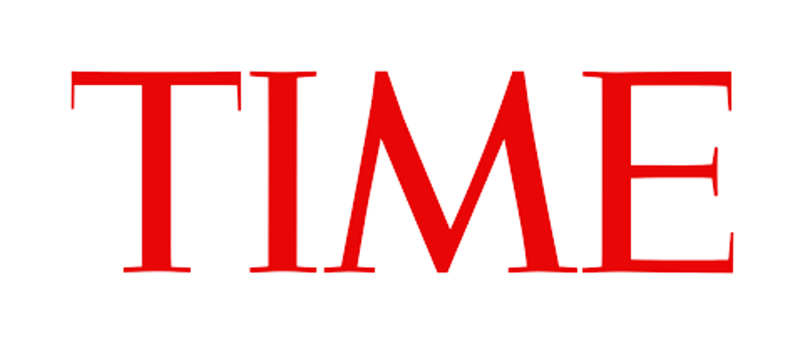 Professors Are Crowdsourcing a #CoronavirusSyllabus. Here’s the History They Think Should Be Used to Teach This Moment
Professors Are Crowdsourcing a #CoronavirusSyllabus. Here’s the History They Think Should Be Used to Teach This MomentWith colleges and universities moving their classrooms online in an attempt to slow the spread of COVID-19, professors face a number of immediate obstacles. Teachers and students alike are coping with new technology. Differences in access and opportunity can make it hard to be equitable about teaching virtually. Some classes, from lab science to dance, are particularly hard to teach online.
Syllabus materials by Time
March 27, 2020
-
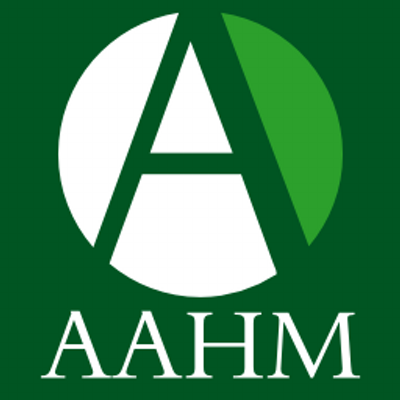 COVID-19 Teaching Resources and Materials for Historical Research
COVID-19 Teaching Resources and Materials for Historical ResearchTeaching resources and materials for historical research relating to coronavirus.
List collated by the American Association for the History of Medicine
March 2020
-
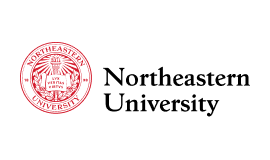 Humanities Coronavirus Syllabus
Humanities Coronavirus SyllabusA humanities syllabus on the Coronavirus by Sari Altschuler s.altschuler@northeastern.edu and Elizabeth Maddock Dillon e.dillon@northeastern.edu, Department of English, Northeastern University
March 2020
-
 Teaching Coronavirus—Sociological Syllabus Project
Teaching Coronavirus—Sociological Syllabus ProjectA collaboratively-designed syllabus made with teaching in mind (from introduction to theory), organized and edited by Siri Colom. The syllabus is organized thematically and seeks to provide students with a critical lens with which to understand events unfolding in the world, while balancing this with the needs that many students may be having.
Google Doc by Siri Colom
March 2020
-
 Microbial Geographies Syllabus
Microbial Geographies SyllabusRecently, scientists, social scientists and humanists have declared it is time to rethink the relationships between human and non-humans. Although scholars of science and technology in society and geographers have a long history of thinking with and about materiality, they have only recently turned their attention to the microscopic co-inhabitants of the planet. What happens when the material, too, is living? In this class we will grow our own microbial companion species, working with cheese, kombucha, and kimchi, to think about how bodies are, as geographers Dixon and Jones III (2015) suggest, “stretched across space and time” through their relationships with microbial life. Through hands-on fermentation practice, microbiological culturing and analysis, readings, discussions, writings, and tastings, students will not only gain familiarity with the basic concepts and theories of microbiology, as well as microbiological culturing techniques, they will gain a deep understanding of ongoing debates in cultural geography, anthropology, and science and technology studies, about our human responsibilities in a more–than–human world.
Mapping the Microbiome: Syllabus by Christy Spackman @christyspackman
March 2020
-
 CSU Channel Islands: Free & Openly-Licensed Resources during COVID-19A comprehensive list of free and openly-licensed resources during COVID-19.List of resources compiled by CSU Channel IslandsMarch 2020
CSU Channel Islands: Free & Openly-Licensed Resources during COVID-19A comprehensive list of free and openly-licensed resources during COVID-19.List of resources compiled by CSU Channel IslandsMarch 2020 -
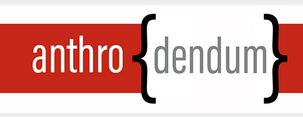 Collective Anthro Mini Lectures Project for #COVIDcampus
Collective Anthro Mini Lectures Project for #COVIDcampusTaking very seriously the clear and compelling calls to resist the fiction that we can become brilliant virtual teachers overnight and the cogently articulated worries that this pandemic and the rapid push for online instruction may have long term consequences for higher education given the many companies, state legislators, and administrators who have been pushing for pedagogy without faculty for decades now, we have created a platform for anthropologists (and those anthropology adjacent) to create and share 10-30 minute videos and accompanying texts and pedagogical resources (slides, film clips, lesson plans/assignments suitable for online submission) as a way to supplement, enliven, and collectivize the work we are all already doing to take our courses online.
An introduction to OER commons material, by Paige West and Zoë Wool
March 2020
-
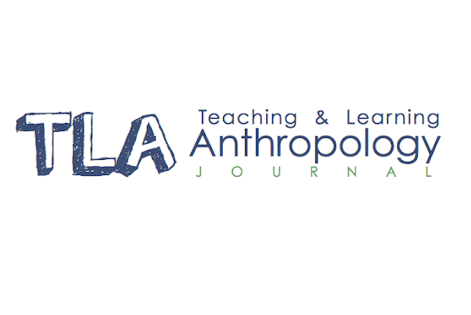 Teaching COVID-19: A Collaborative Anthropology Syllabus Project
Teaching COVID-19: A Collaborative Anthropology Syllabus ProjectThis developing document is designed to collect and share resources for anthropologists and other social scientists teaching about COVID-19. Contributions and feedback are welcomed!
By Nina Brown (nbrown2@ccbcmd.edu); Angela Jenks (ajenks@uci.edu); Katie Nelson (knelson@inverhills.edu); Laura Tilghman (lmtilghman@plymouth.edu).
Collaborative document for anthropologists and social scientists
March 2020
-
 Free Online Course Material: Creative Writing MOOC-Packs
Free Online Course Material: Creative Writing MOOC-PacksAs many schools pivot to online courses, The Writing University at UIOWA is providing materials that instructors everywhere can access *immediately* for their creative writing classes: free online "course packs" that are ready to use out-of-the-box.
Online writing courses by the Writing University at UIOWA
March 2020
-
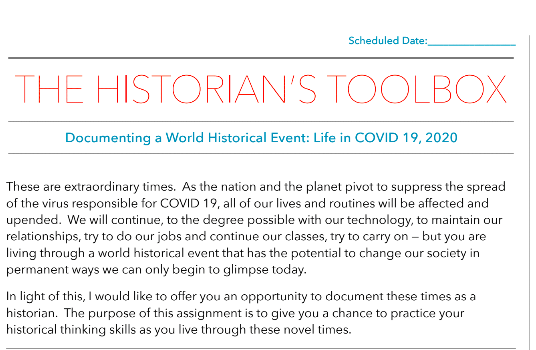 Historians' Toolbox Assignment COVID 19
Historians' Toolbox Assignment COVID 19These are extraordinary times. As the nation and the planet pivot to suppress the spread of the virus responsible for COVID 19, all of our lives and routines will be affected and upended. We will continue, to the degree possible with our technology, to maintain our relationships, try to do our jobs and continue our classes, try to carry on — but you are living through a world historical event that has the potential to change our society in permanent ways we can only begin to glimpse today. In light of this, I would like to offer you an opportunity to document these times as a historian. The purpose of this assignment is to give you a chance to practice your historical thinking skills as you live through these novel times.
Assignment for students to document their lived experience of the COVID19 pandemic, by Ivonne Wallace Fuent
March 2020
-
 #coronavirussyllabus | a crowdsourced cross-disciplinary resource
#coronavirussyllabus | a crowdsourced cross-disciplinary resourceA crowdsourced cross-disciplinary coronavirus syllabus resource, including articles, books, symposia, film, visual arts, music, literature, archives, and other resources.
Crowdsourced syllabus list
March 2020
-
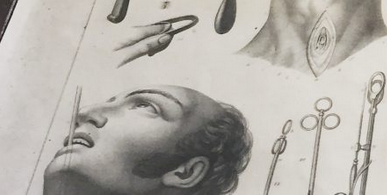 COVID-19 Intro STS Syllabus Updates
COVID-19 Intro STS Syllabus UpdatesDiscussion board tasks, 15-minute video introducing the topic and key STS points, with accompanying slides, for students. Emphasis on synchronous work and assignments, with Zoom times by appointment, and 2 days with real-time review sessions. Online discussions are read as they go, with redirections and encouragements posted as warranted.
STS Syllabus by Danya Glabau
2020


